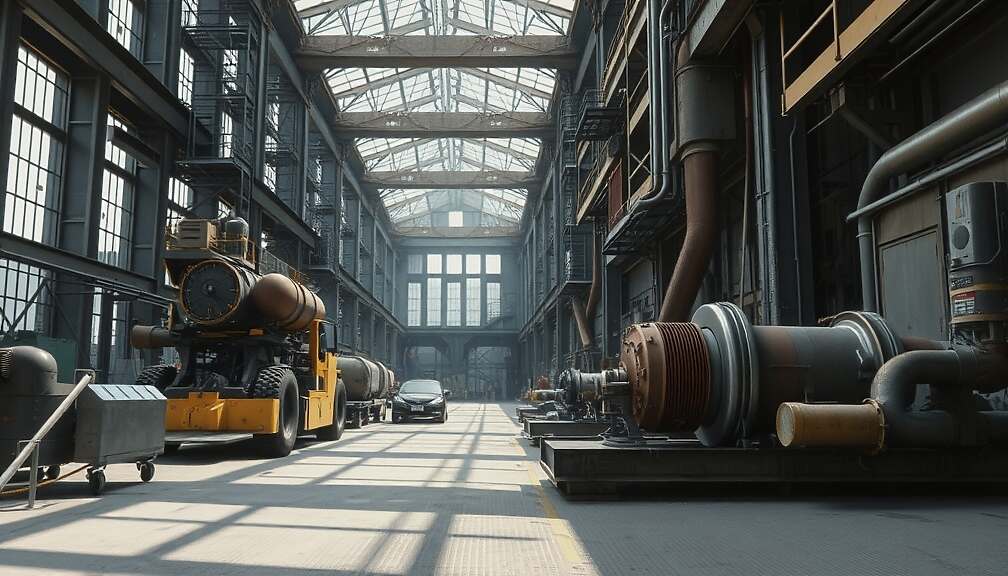Germany’s largest metalworkers’ union, IG Metall, is intensifying pressure on the government ahead of a crucial summit convened by Chancellor Friedrich Merz, calling for swift implementation of the planned industrial electricity price and a more robust defense against unfair Chinese steel imports. The union’s demands, articulated by Deputy Chair Jürgen Kerner in an interview with the “Rheinische Post”, highlight the precarious state of Germany’s steel industry and the potential for significant job losses if decisive action isn’t taken.
The cornerstone of IG Metall’s immediate call is the introduction of the industrial electricity price, pledged in the governing coalition agreement and slated for January 2026. Kerner argues that the delay in its implementation is already hindering investment decisions, creating uncertainty among steel producers and raising the specter of widespread layoffs. He expressed alignment with the stance of the Federal Minister for Economic Affairs, underscoring the urgency of the situation. The current electricity prices, significantly higher than those faced by competitors in other regions, are deemed unsustainable and actively detrimental to Germany’s industrial competitiveness.
Beyond affordable energy, IG Metall is vehemently advocating for stronger trade protection measures. Specifically, the union urges the German government to actively champion the European Commission’s current plans for trade safeguards regarding steel imports from China. Kerner characterized the existing situation as “overdue” and warned against Germany’s potential hesitation in endorsing a strengthened European trade defense mechanism. He emphasized that failing to do so would leave the German steel sector vulnerable to predatory pricing and unfair competition.
Furthermore, IG Metall is demanding a shift in how the billions of euros allocated within the government’s special fund for public infrastructure are utilized. Kerner insists that these funds must be tied to mandatory “local content” provisions, ensuring that domestically produced steel is prioritized not only in public contracts but also across a broader range of projects. This is presented as crucial for preserving industrial value creation and safeguarding quality employment opportunities within Europe, moving beyond mere symbolic gestures of support. The union’s stance represents a significant push for proactive industrial policy, designed to shield a vital sector from external pressures and bolster long-term sustainability. The upcoming summit promises a critical moment for Germany’s industrial future.












